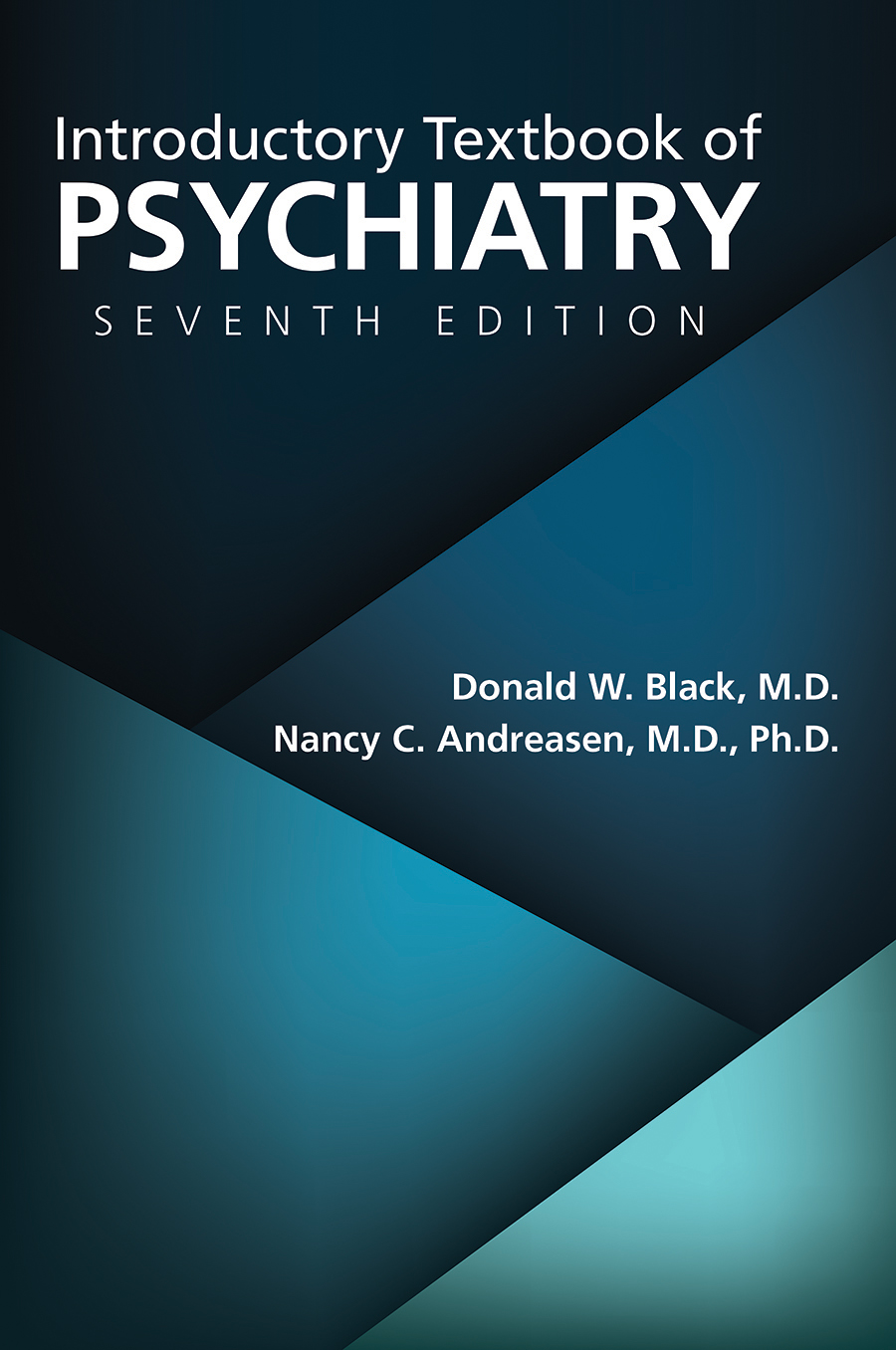Chapter 6.Mood Disorders
Sections
Excerpt
Mood disorders have a high prevalence, a high morbidity, and a high mortality rate. Masked as complaints about insomnia, fatigue, or unexplained pain, mood disorders often lead people to seek medical care. According to the World Health Organization, depression is the leading cause of ill health and disability worldwide, and bipolar disorder ranks sixth among the world’s most disabling illnesses in the 15- to 44-year age group. Yet these substantial costs to society due to mood disorders may be unnecessary, because when correctly diagnosed and treated, mood disorders usually respond well. Therefore, all physicians who have direct personal contact with patients should learn the fundamentals about diagnosing and treating mood disorders.
Access content
To read the fulltext, please use one of the options below to sign in or purchase access.- Personal login
- Institutional Login
- Sign in via OpenAthens
- Register for access
-
Please login/register if you wish to pair your device and check access availability.
Not a subscriber?
PsychiatryOnline subscription options offer access to the DSM-5 library, books, journals, CME, and patient resources. This all-in-one virtual library provides psychiatrists and mental health professionals with key resources for diagnosis, treatment, research, and professional development.
Need more help? PsychiatryOnline Customer Service may be reached by emailing [email protected] or by calling 800-368-5777 (in the U.S.) or 703-907-7322 (outside the U.S.).



